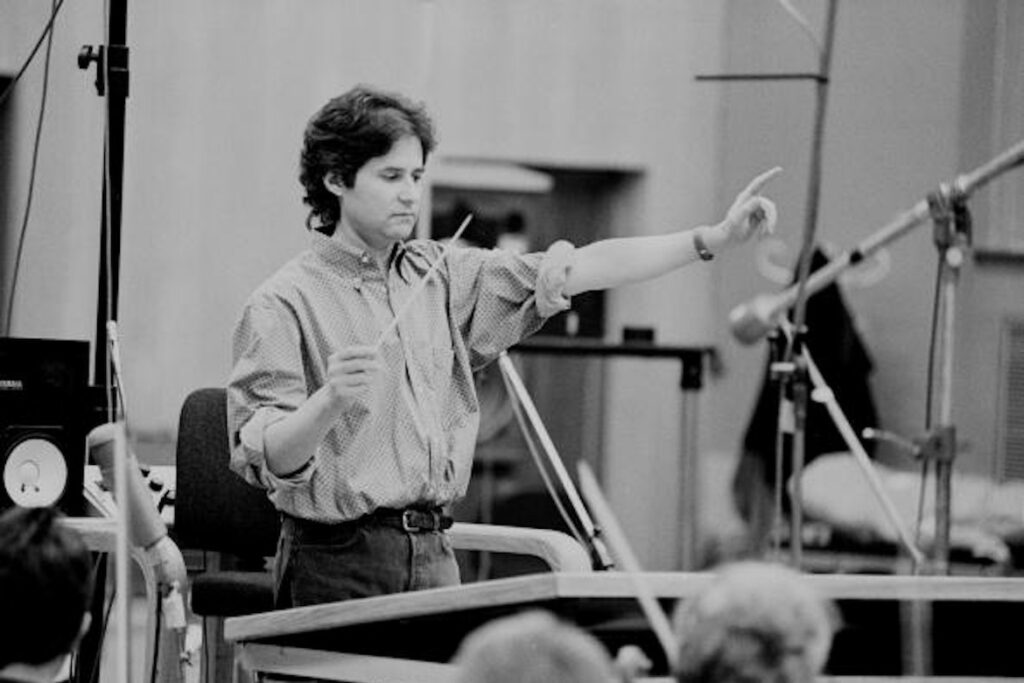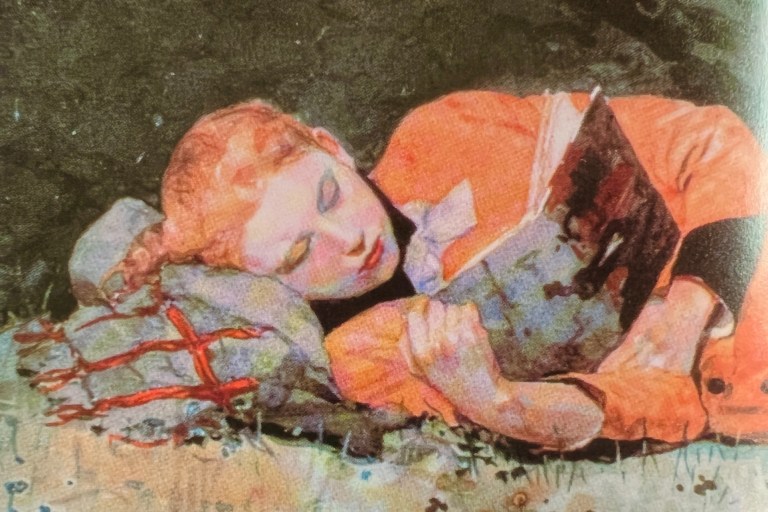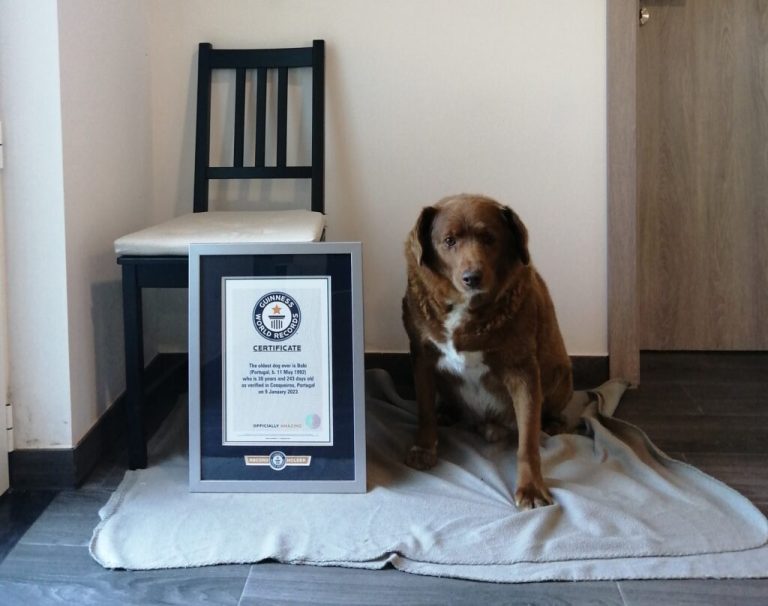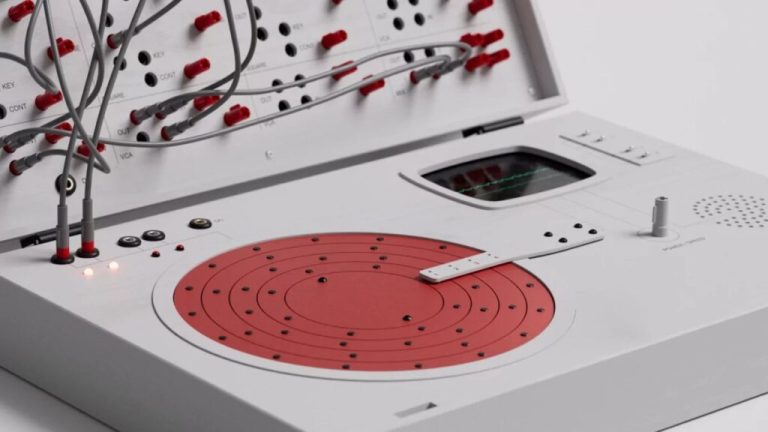The 1997 tearjerker Titanic held the record for the highest-grossing film of all time for a solid 12 years, until it was eclipsed by Avatar in 2009. Arguably, key contributors to the success and emotional resonance of the two films were their scores. The man behind the music for both features, Oscar-winning composer James Horner, died in 2015 at age 61. Now, his wife, Sara Nelson Horner, has donated his personal archive to his alma mater, UCLA.
After receiving his master’s in music from the university in 1976, Horner hit the Hollywood track, earning his first professional credit in 1979. The massive archive, which will be held at the UCLA Library Special Collections, spans his entire career and comprises “scores and orchestrations, sketches, and the composer’s handwritten notes and corrections from over a hundred films,” per a press release from the institution. It’s valued at more than $2.2 million.
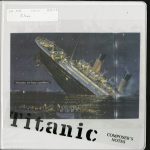
The complete orchestrations include those from blockbuster films Star Trek II: The Wrath of Khan (1982), Aliens (1986), Apollo 13 (1995), Jumanji (1995), Braveheart (1995), A Beautiful Mind (2001), and others.
“I’m happy to see that the UCLA Library will be helping to preserve James Horner’s creative legacy for future generations of composers and filmmakers,” filmmaker James Cameron, with whom Horner collaborated on Aliens, Titanic, and Avatar, said in a statement to the school. “His impact on film scoring was seismic, so having access to his creative process through his papers is important.”
This is not the first time Horner’s wife has donated to UCLA, which she also attended, in her late husband’s honor. In 2019, she gifted the institution $100,000 to create the James Horner Composition Endowed Scholarship. Horner himself received the Henry Mancini Scholarship to earn his master’s.

“My family has a long history with UCLA, including being the alma mater of my mother, environmental activist and ‘mother of the Santa Monica Mountains’ Susan B. Nelson,” Nelson Horner said in a statement. “The scholarship support James received from UCLA was so important early in his career, and I hope the gift of his papers and the scholarship created in his name will be able to help others.”

The newly donated archive will be available to researchers this fall, and is expected to serve as an invaluable learning resource for years to come.
Said Ginny Steel, librarian for UCLA’s Norman and Armena Powell University: “Students and researchers from a wide range of disciplines, not to mention film buffs, can immerse themselves in Horner’s creative process through this one-of-a-kind collection.”

She added: “From various versions of ‘My Heart Will Go On,’ composed for Celine Dion, to his countless sketches, orchestrations and handwritten corrections created for other legendary Hollywood productions, including television, this collection truly showcases the depth and breadth of Horner’s remarkable musical career and is an exciting addition to our collections.”
